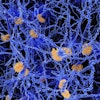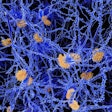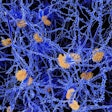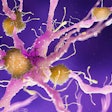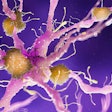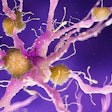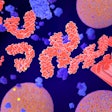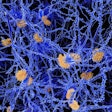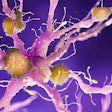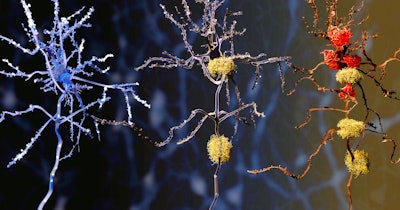
Roche and Eli Lilly are collaborating to develop a blood test with the aim of enabling an earlier diagnosis of Alzheimer’s disease, Roche said on Wednesday.
The test, Roche’s Elecsys Amyloid Plasma Panel, has already demonstrated clinical performance and is currently undergoing additional investigation to ensure clinical validation, the firm said.
The panel measures phosphorylated Tau (pTau) 181 protein and apolipoprotein (APOE) E4 in human blood plasma. Elevations in pTau181 occur in early stages of Alzheimer’s, while the presence of APOE4 constitutes the most common genetic risk factor for Alzheimer’s disease, Roche noted.
The result is intended for consideration in conjunction with other clinical information to advise for further confirmatory testing with amyloid positron emission tomography (PET) or cerebrospinal fluid (CSF) testing. Patients testing negative with the Elecsys Amyloid Plasma Panel are unlikely to be amyloid positive and should be investigated for other causes of cognitive decline.
If approved, Roche’s panel would be an additional tool to identify low likelihood of amyloid pathology in symptomatic patients and determine whether they should proceed to further evaluation and testing that may confirm a diagnosis.
“Today, over 55 million people are living with dementia, and this is projected to increase to nearly 140 million by 2050,” Matt Sause, CEO of Roche Diagnostics, said in a statement. “Collaboration is essential to ensure these people receive a timely and accurate diagnosis. The Elecsys Amyloid Plasma Panel has the potential to streamline a person's journey to diagnosis and, therefore, access to future treatment options.”
In July, Roche announced that the U.S. Food and Drug Administration (FDA) granted a breakthrough device designation for the test.
Last December, the company received FDA 510(k) clearance for its Elecsys beta-Amyloid (1-42) CSF II (Abeta42) and Elecsys Phospho-Tau (181P) CSF (pTau181) assays, which identify Alzheimer's pathology in its early symptomatic stage.


